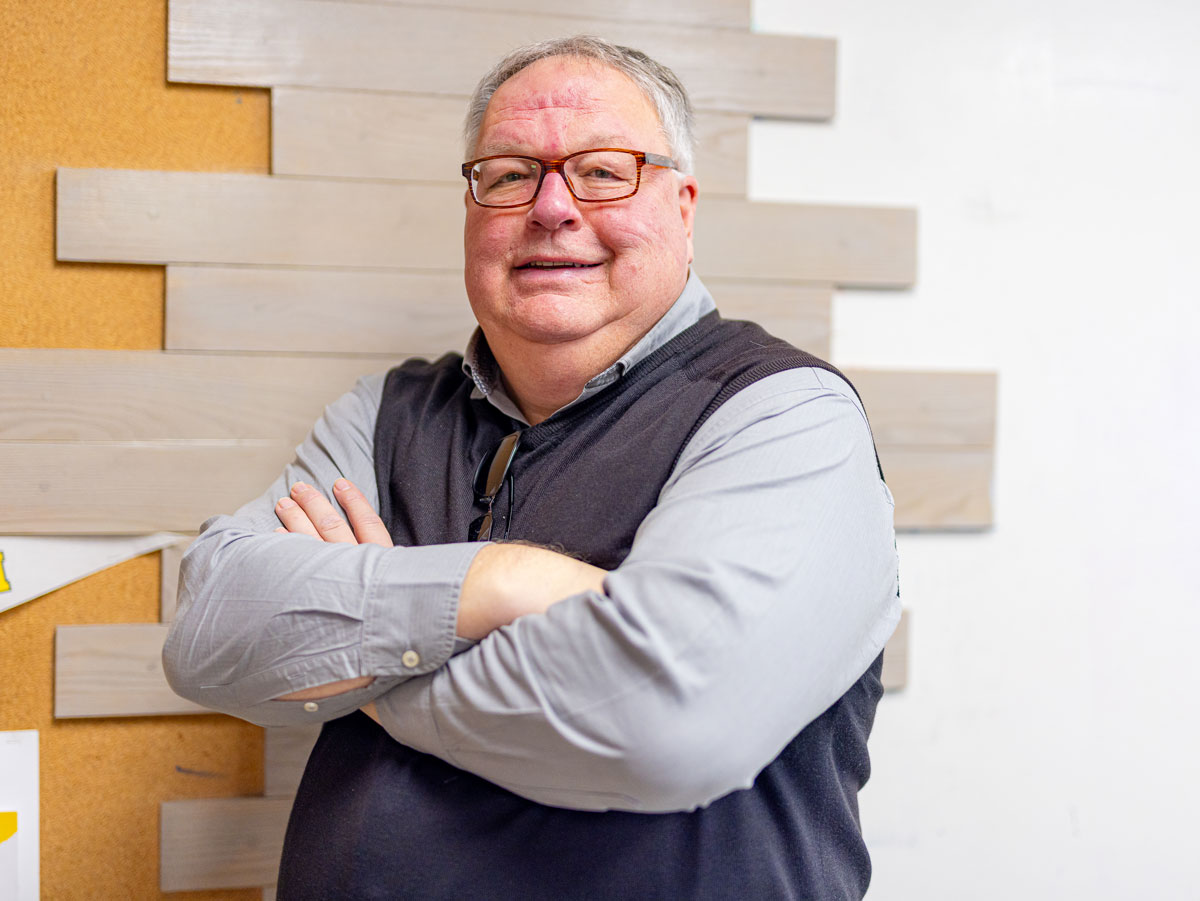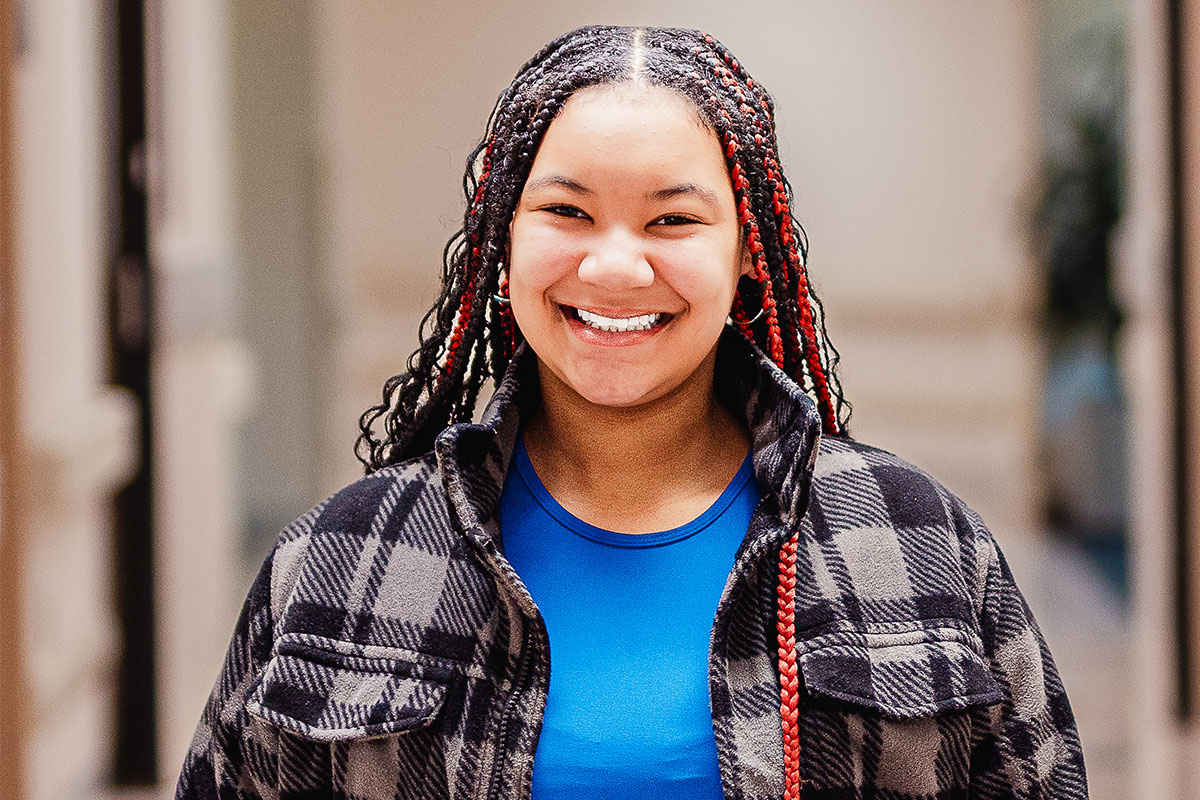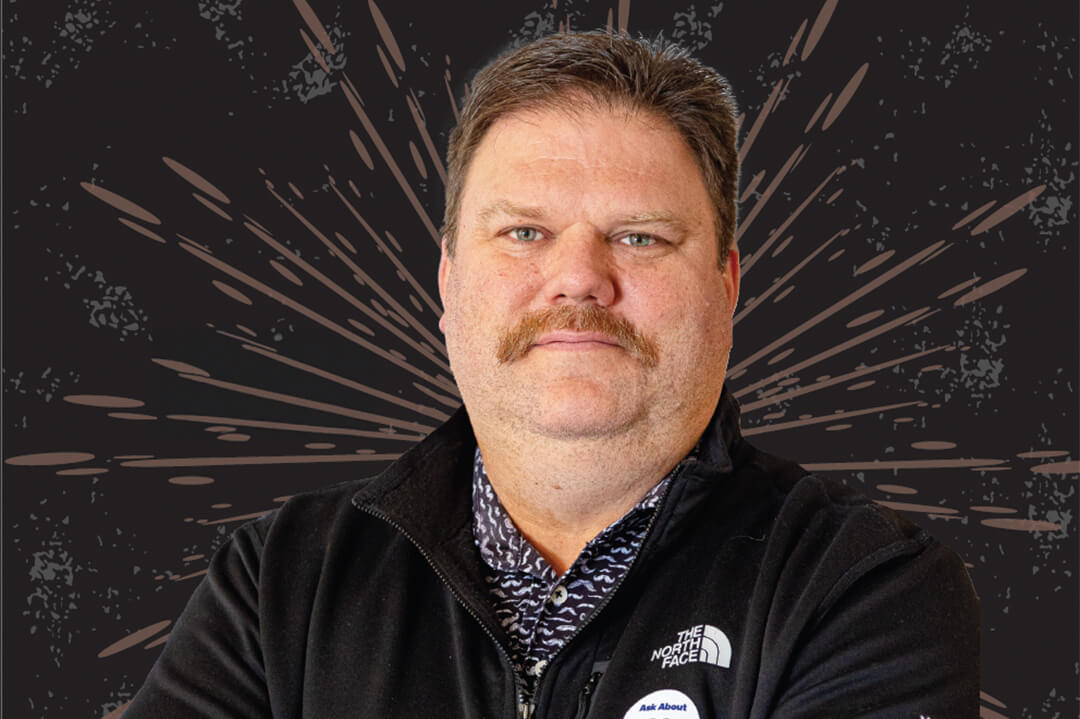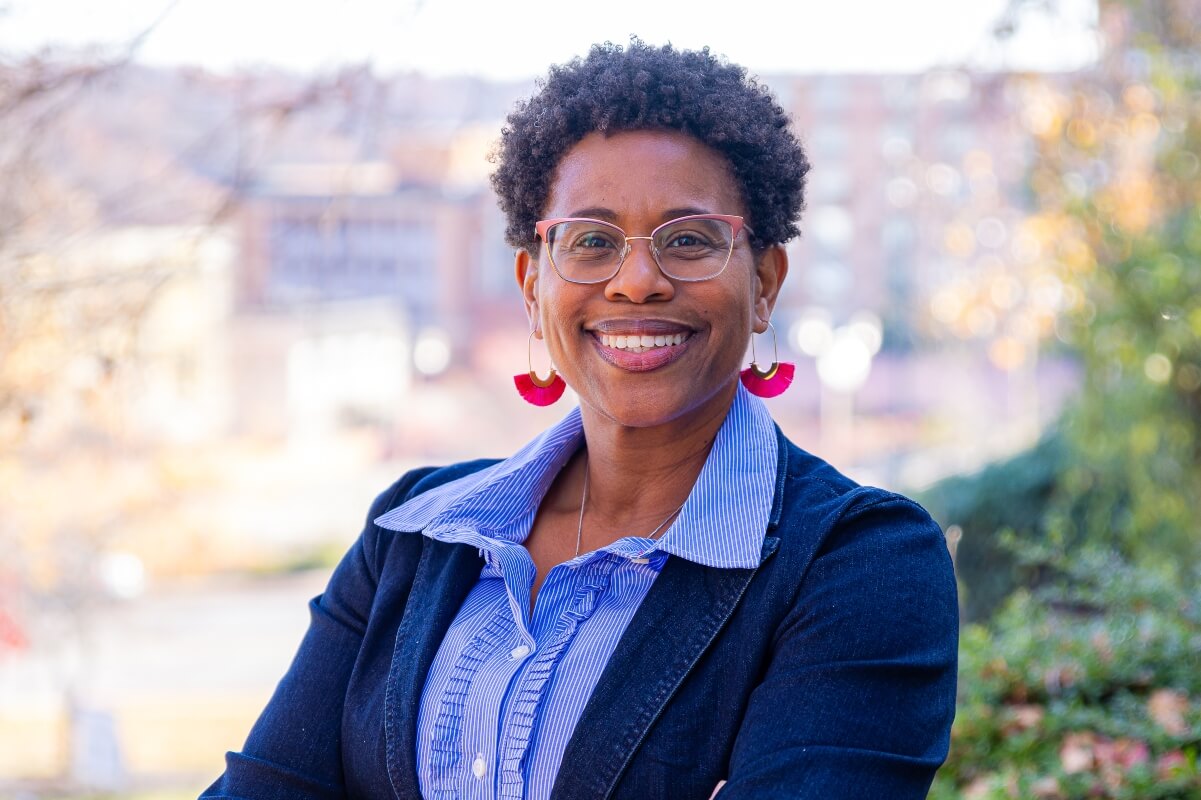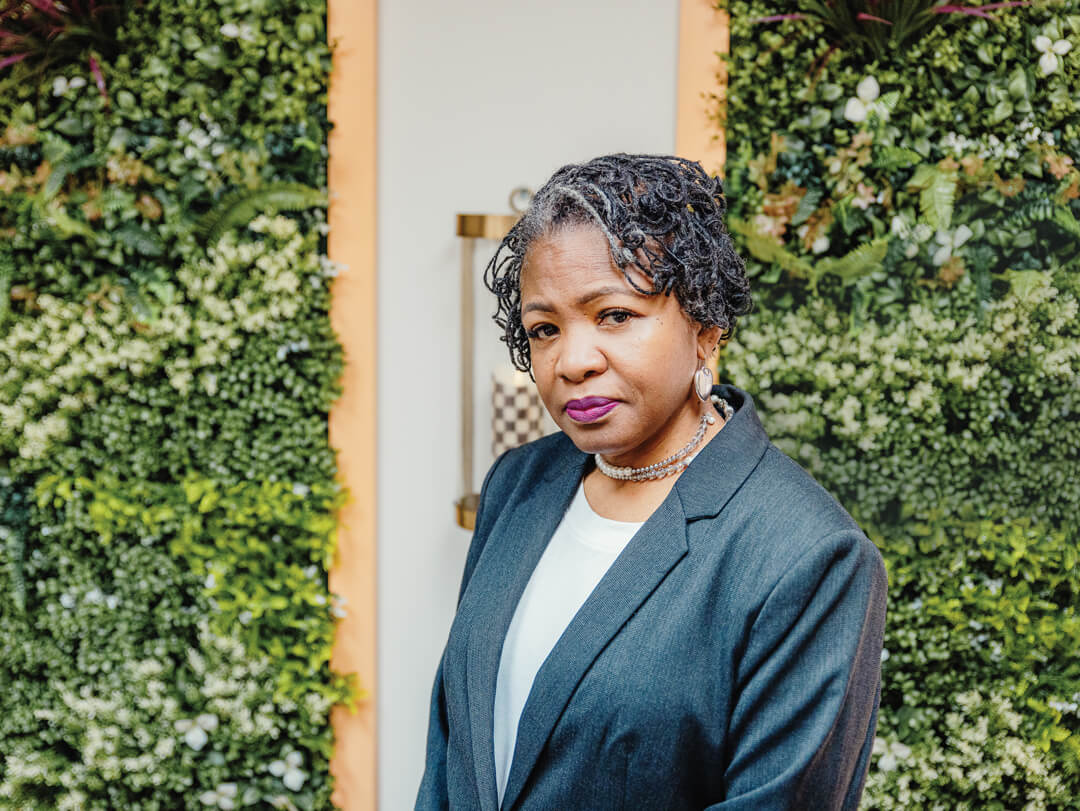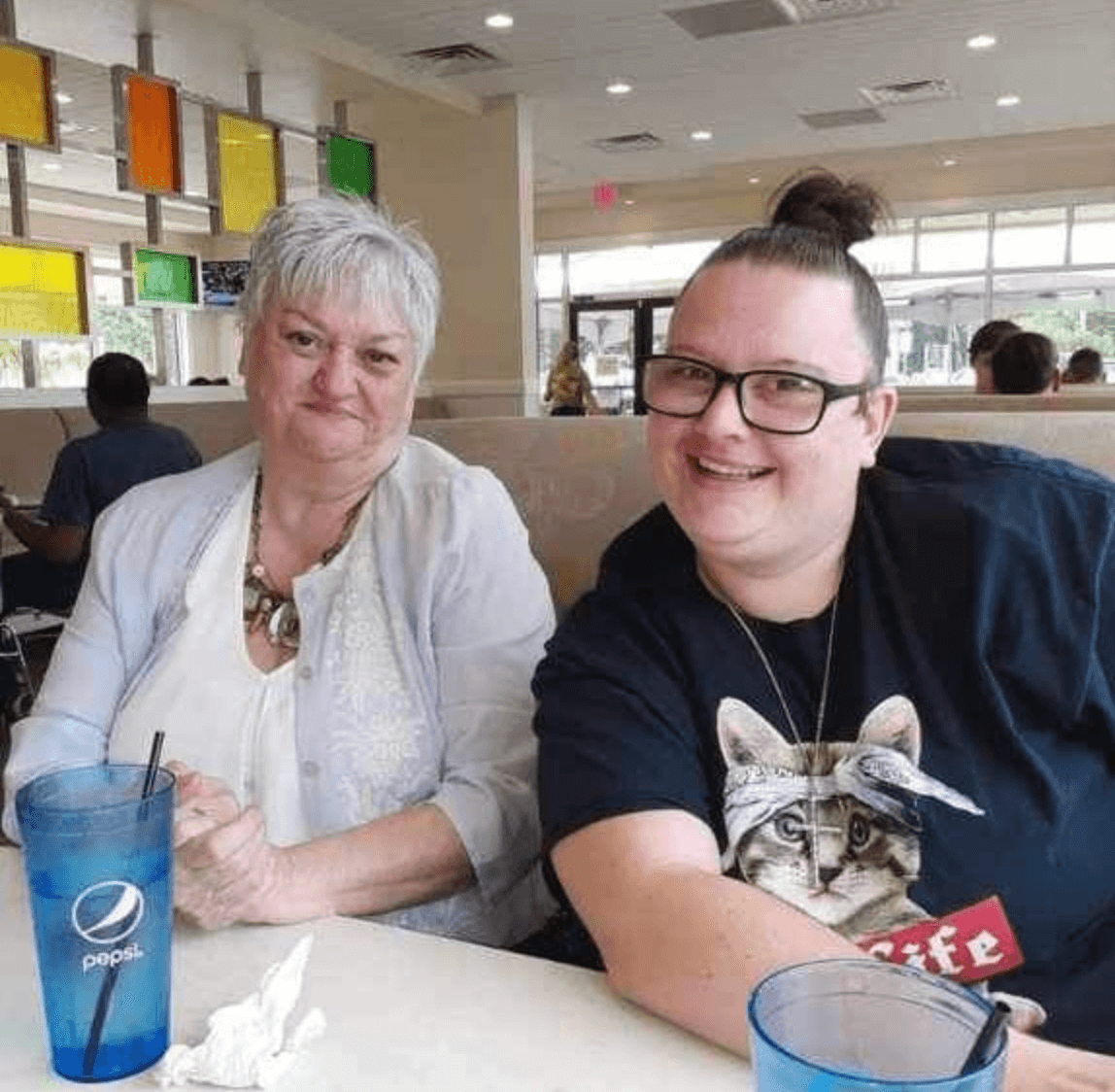JANNETT SPEARMAN came to Lynchburg from a great distance — a literal distance, as well as a figurative one. Originally from Nicaragua and trained as an electronics engineer, Spearman discovered that she had a very different path to follow: the path of an artisan. Her training in artisanry was undertaken at an art school in Lima and was something she pursued almost immediately when she moved to Lynchburg over 11 years ago.
The first year she was in Lynchburg, she rented a small booth at the Lynchburg Community Market.
“It was amazing,” she relates. People really liked the merchandise, and then she “decided to give entrepreneurship a shot.”
The venture into entrepreneurship has worked out quite well. Spearman has a small boutique located inside the Lynchburg Community Market and two locations in the Crafter’s Gallery. Her primary boutique is now located at 919 Main St. and was opened six years ago.

The wares she offers are eclectic and international, covering a broad range of artisan work, with pieces drawn from South America, Africa, Turkey, India, and more — a total of 32 countries. She features her own distinctive wire crochet jewelry. Big pieces, which are heavy and expensive to ship, are not something she usually carries.
“The pottery pieces that I do bring is from Puebla, Mexico — which is called Talavera — are beautiful and one-of-a-kind, but not big pieces.”
Like any good businessperson, she keeps her clientele in mind with different target audiences. Her main boutique location is bigger and more upscale. The boutique at the market is more family-oriented. The two booths in the Crafter’s Gallery are more targeted toward college students.
“It’s a college town, and I cater to them quite a bit,” she expressed.
She learned to adjust her offerings to the tastes of her customer base. The same item that might sell somewhere else won’t sell in Lynchburg, which is a stylistically conservative audience.
“I have learned,” she said, “that the ladies here don’t like big, bulky, huge jewelry. They like smaller pieces. Those are things that I have learned with time. In the beginning, I was just buying whatever and doing what I could do to help the artisans.”

The key component of her business is the principle of “fair trade.” Working overseas, she was able to meet a lot of artisans, especially having gone to an artisan school. She could see that, a lot of the time, those people would sell their wares for nearly nothing. It was like giving away their work to the markets.
“You go to the markets overseas and say, ‘Oh, it’s so inexpensive.’ But it’s because the poor artisans are being exploited,” she explained.
“Fair trade,” Spearman said, “Is being fair to the artisans, paying them the right amount of money — what they ask for, without haggling or going back and forth. If that’s what they want, I will compare their prices to other artisans’ work and come to a fair and equitable agreement on pricing.”
In the end, her goal is to ensure that they are paid a living wage for their work. It’s her firm belief that fair trade can be a fundamental driver of poverty reduction and greater sustainable development.

The Lynchburg community has proven to be a catalyst in connecting to a global network of artisans. A lot of the groups she works with are missionaries. Being here in Lynchburg, there are a lot of people who come to Liberty University to visit. It also offers events like Global Focus Week, which is an opportunity for Spearman to connect with missionaries from around the world who run collectives, through which she gets to support their work Spearman has her own collective in Nicaragua.
“I go every year and teach them how to make different kinds of crochet merchandise. This collective is composed of high schoolers and college students. They are then able to use the proceeds to complete their education.”
Time permitting, Spearman has also done extensive volunteering in Lynchburg, including teaching students and children how to crochet in events like the Maker Faire and at the Lynchburg Community Market.
Spearman is passionate about being a part of this movement and loves being able to help other artisans from around the world.
The artisanal work she sells allows easy access to an international world of colors, fabrics, and materials — all of which can be experienced without leaving Lynchburg. And her stores also strike a blow for a more equitable pay scale.
“It truly has been,” she concludes, “a dream come true for me.”GN






